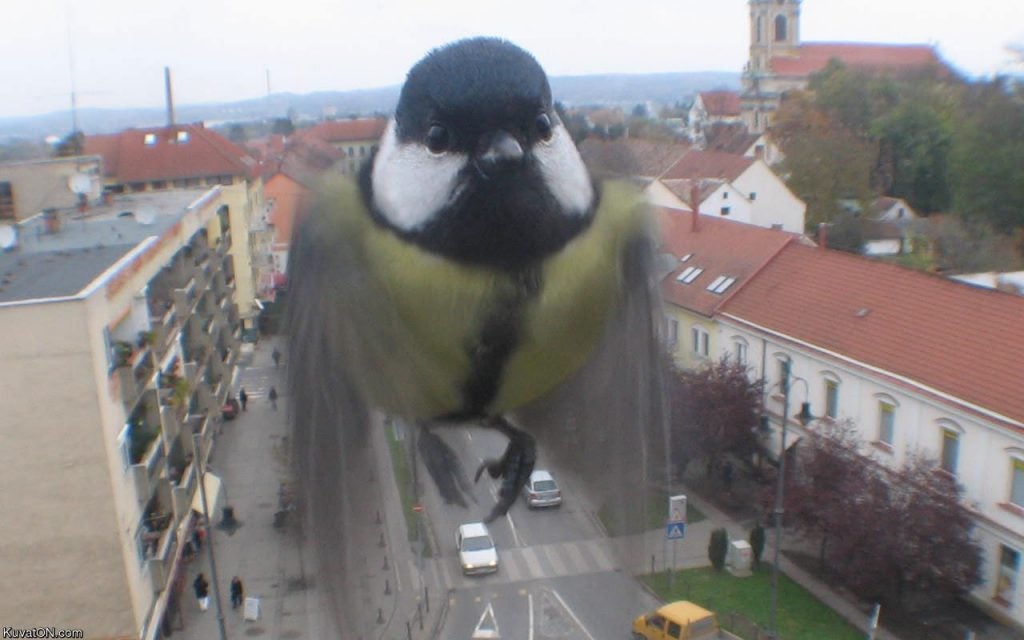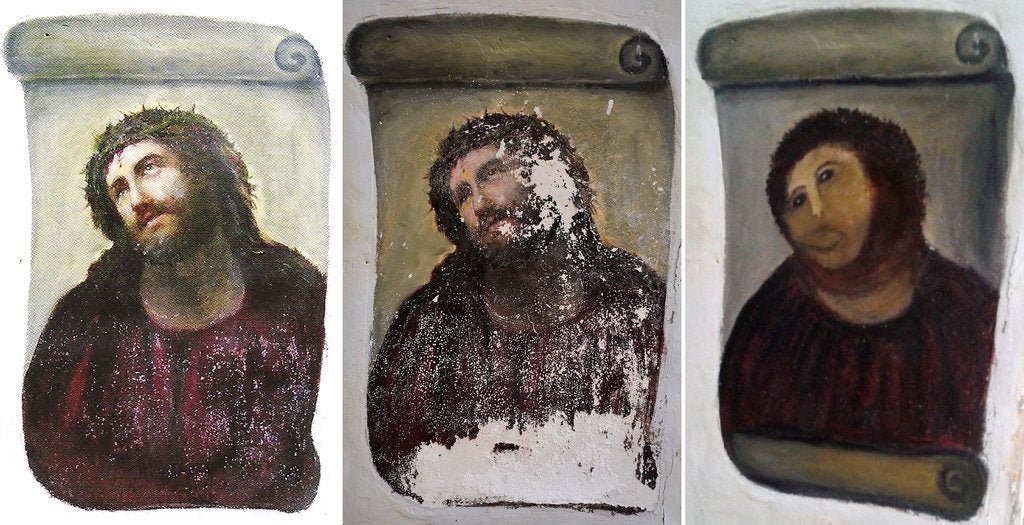The Poetics of Involuntary Pauses
For my last semester in college, in an effort to be practical, I signed up for a graduate humanities course called “How to Live.” On the first day, the professor discussed the syllabus at length, then asked us to introduce ourselves. The air had drained from the room, and as I waited for my turn I could already tell there was a problem.
The Poetics of Involuntary Pauses Read More »
For my last semester in college, in an effort to be practical, I signed up for a graduate humanities course called “How to Live.” On the first day, the professor discussed the syllabus at length, then asked us to introduce ourselves. The air had drained from the room, and as I waited for my turn I could already tell there was a problem.








